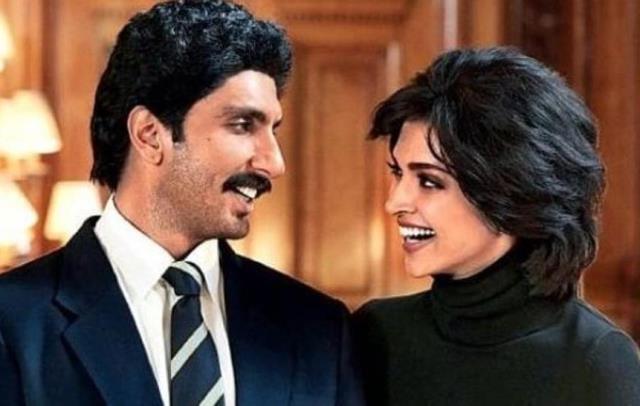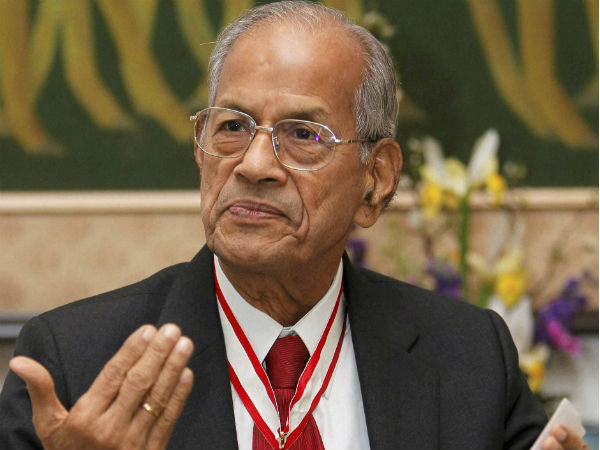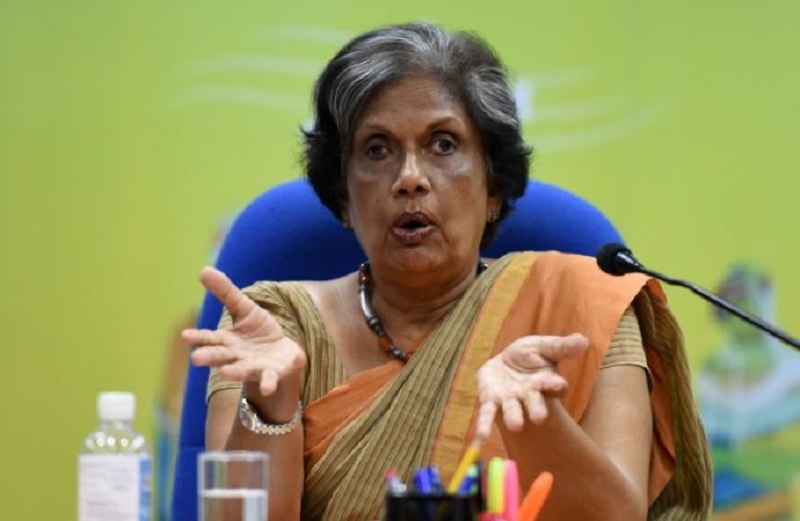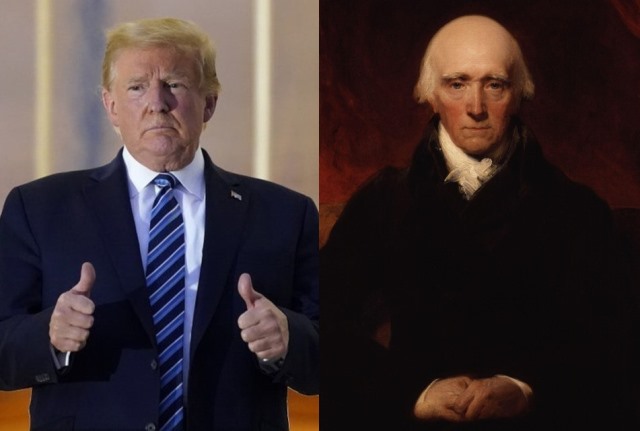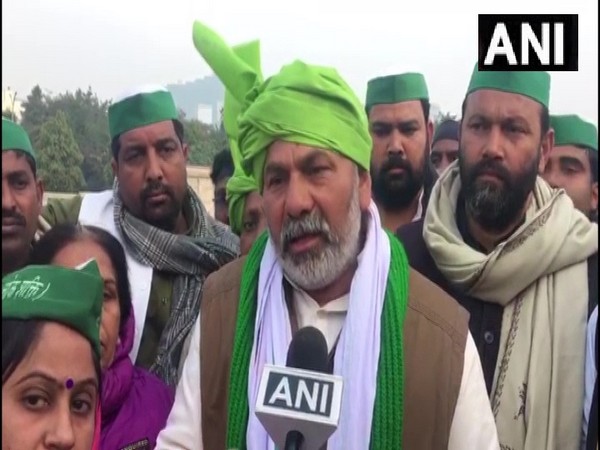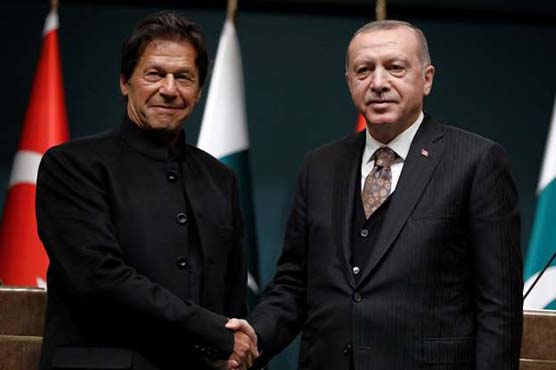Impeachment trial as known in India has seen legislature-versus-judiciary clashes. The Constitution provides for impeachment of only three: the President, the judges of the Supreme Court and the high courts, and the Chief Election Commissioner. Other constitutional dignitaries can be removed from their respective offices by various other means, not impeachment by Parliament. Lawmakers enjoy immunity, at least on this score.
It was first mooted to impeach President VV Giri in the early 1970s. But no president has faced impeachment. A move to impeach Chief Election Commissioner T N Seshan was aborted. A Supreme Court judge, V. Ramaswami, in 1993 and 15 high court judges have been impeached. Ramaswami didn’t, but the other judges resigned before the final verdict and possible punishment. In Ramaswami’s case, when passage of the motion holding him guilty looked imminent, the ruling Congress party under PV Narasimha Rao abstained from voting.
Indian Parliament has thus striven to avoid confronting the judiciary so as not to cross the path laid down in the Constitution. This was why two recent impeachment moves against two former Chief Justices of Supreme Court, Dipak Mishra and Ranjan Gogoi, were hotly debated outside, but not taken up in Parliament. In essence, the impeachment process in India has had limited use and success. But it has history.
When the Democratic Party made out a strong case for impeachment trial of Donald Trump, although he had ceased to be the United States President, citing the British Parliament’s trial of Warren Hastings for his alleged crimes in Bengal, it caused considerable interest in India.
But that Trump was acquitted – declared not guilty, if not actually innocent by the US Senate – like Hastings was in the year 1795, has disappointed many – and not just Indians – in the democratic world.
On February 10, US Senate House managers invoked the case against Trump citing Hastings case as precedence. They argued that simply resigning or leaving the office does not absolve a person of the crime committed while in office. The framers knew all about it and strongly supported impeachment. Hastings was invoked at the convention they held by Jamie Raskin, constitutional scholar and lead impeachment prosecutor of the Democratic Party. Images of Hastings figured on video screens at the convention held in Philadelphia.
One of the architects of the British Empire in India, Hastings was the first Governor General of Bengal. He was impeached by both Houses of British Parliament on return to England for crimes and misdemeanors he committed during ten highly successful years in India, including embezzlement, extortion and alleged judicial killing of Maharajah Nand Kumar, an Indian tax collector who fell out with him.
The trial went on for 148 days, over seven years, before the House of Lords eventually acquitted him. Like Robert Clive who laid the colonial foundation, India’s history, unless recorded by the British, arguably views Hastings with awe and anger.
The charge against Trump that on January 6, he incited an insurrection on the Capitol Hill, was serious. But like Hastings who lived long to enjoy his wealth – ill-gotten, no matter his failed impeachment – and was a hero to many Britons, Trump will also thrive politically. Armed with 73 million votes in last November’s polls and his support base intact, he has already hinted at making a fresh bid for the presidency in 2024.
The outcome leaves unresolved America’s wrenching divisions over Trump’s brand of politics that led to the most violent domestic attack on one of America’s three branches of government.
America is deeply divided. President Joe Biden’s “democracy is fragile” warning also applies to other democracies impacted by sharp divisions among the people. We’re living in a polarized world.
British Prime Minister Boris Johnson, however, thinks differently, for a different reason. To him the American democracy is “stronger, despite kerfuffle” over Trump’s impeachment trial. The term ‘kerfuffle’ means “commotion over conflicting views”. Could Trump’s second impeachment have been avoided?
Looking back, the Democrats did not adequately calculate consequences of a defeat in a House of just 100 members. They depended heavily on Republicans crossing over to gain two-thirds majority vote. Seven Republicans did, for differing reasons, and now they must face the party’s wrath. The motion fell short by ten. Displaying almost Trump-like hurry and lack of grace, the Democrats cut short the trial process to five days and did not hear out witnesses. Was it their triumphalism that caused miscalculation?
The Republicans could not hope to hold on to Trump’s support base while washing their hands off him. That the bulk of Republicans backed him indicates his enduring influence over the party and its voters. Even if let down by Trump (and some may want his permanent political exit), seeing him impeached would have been disastrous. Democrats could then have a walk-over in 2024. Neither party can now wish Trump away.
The Republicans may be preparing right away to counter Kamala Harris (assuming she does exceedingly well as the Vice President) becoming the next presidential candidate. If keen to avoid another Trump bid, they would have noticed Niki Haley dumping Trump. Of course, likelihood of the next presidential contest being between two women, both with Indian connections, may seem exciting to Indians, but is hugely premature.
Failure to impeach Trump exposes the deep divide in American polity that its otherwise robust institutions cannot conceal. Repairing those fissures is not going to be easy. Trump’s gambit, going by his past record, could even deepen them. In the coming months and years, Trump will likely face several cases before different courts, now that he is stripped of the immunity a president enjoys.
Be assured that America will witness unprecedented public acrimony – hopefully, not violence. It will vitiate the public life. The Biden presidency, already saddled with difficult issues at home and abroad, will have to work that much harder to manage public perceptions in the face of a raging debate wherein Trump will be either a hero or a villain – not a non-entity. This is very much Biden’s presidency, but under Trump’s shadow.
Other than netizen on the social media and newspaper editorials, the ‘official’ India is silent on this “domestic matter” of the Americans. It is too engrossed in countering Biden’s barbs and criticism from Western media and human rights bodies on the way the ongoing farmers’ agitation is being dealt with. The growing strategic partnership with the US compels India to be watchful.
To repeat what Biden said to underscore the principal point, democracy is ‘fragile’ everywhere. To keep it functioning, both in letter and spirit, it is necessary to tone down aggressive partisanship in public discourse.
The writer can be reached at mahendraved07@gmail.com

